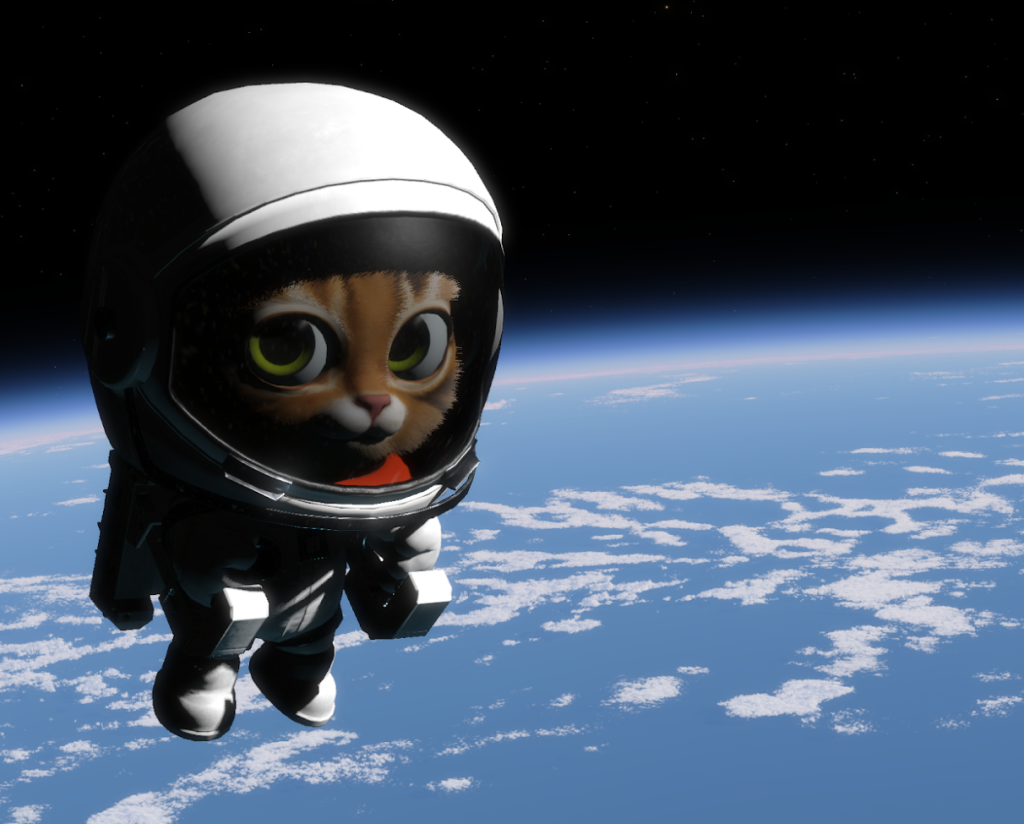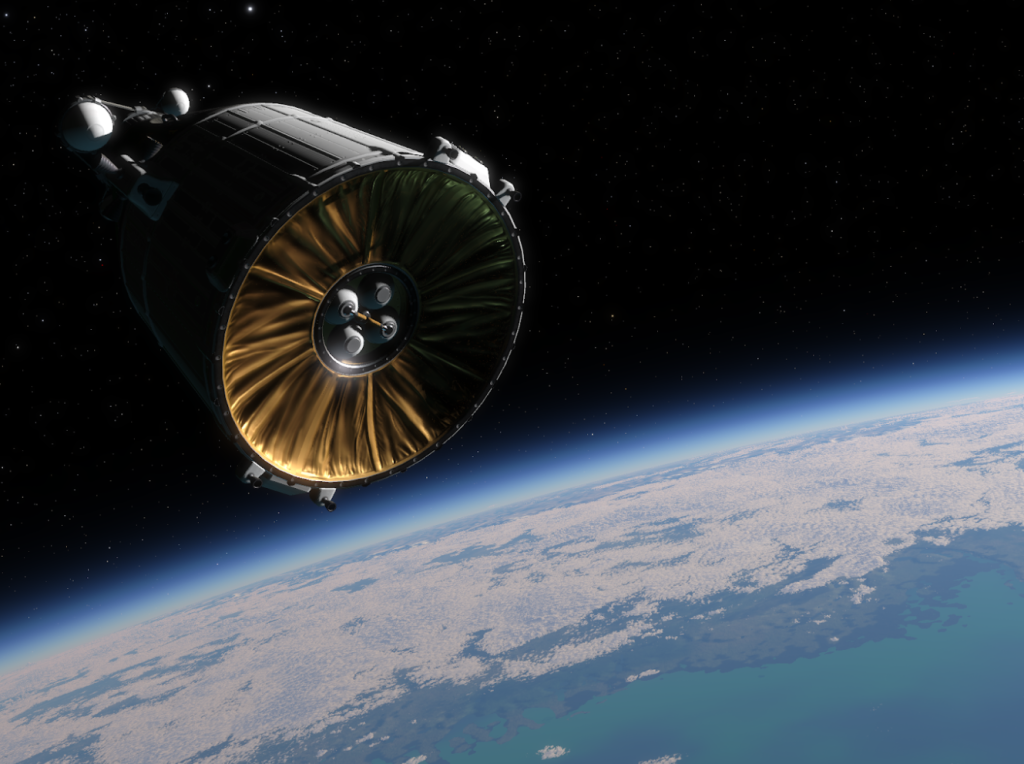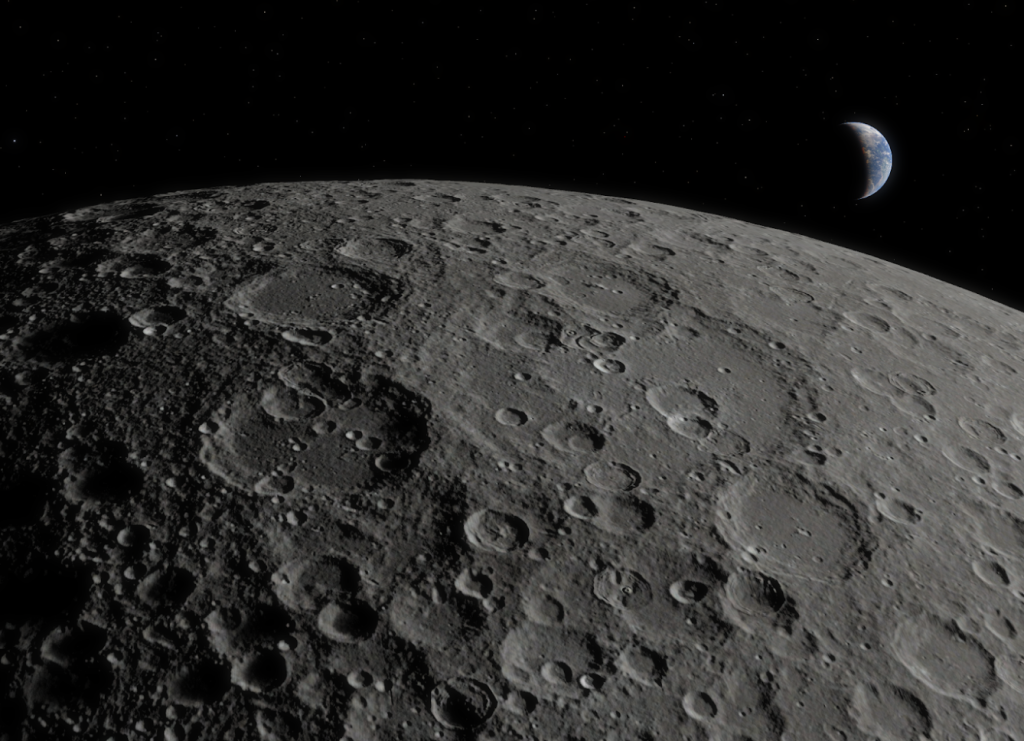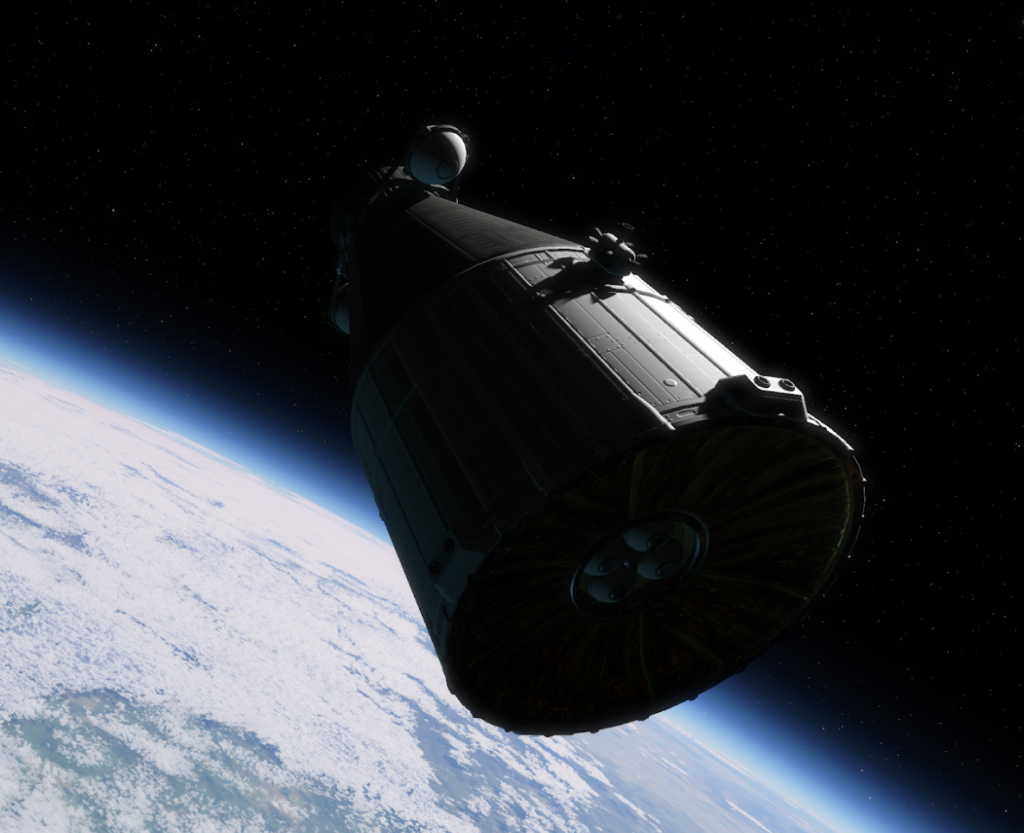The reveal of Kitten Space Agency (KSA) marks one of the most ambitious undertakings in modern simulation gaming, signaling a new era for players seeking deep technical authenticity, advanced physics modeling, and unprecedented involvement in the development process. With its newly released pre-alpha, now available for free through the Ahwoo platform, the project opens its doors to players, engineers, modders, and space enthusiasts eager to help shape what may become the next defining title in the genre. Built by a team combining veteran developers, aerospace professionals, and some of the most influential members of the Kerbal modding community, KSA positions itself as a spiritual successor to Kerbal Space Program while carving out its own bold identity.

A Vision Built by Industry Veterans
The foundation of KSA rests on a cross-disciplinary team whose expertise spans game development, real-world spaceflight operations, and community-driven modding. Central to this effort is Dean Hall, known globally for creating DayZ and leading projects such as Icarus and Stationeers. Working alongside Hall is Felipe Falanghe, the original creator of Kerbal Space Program, whose early work on orbital mechanics and player-driven experimentation helped transform an entire genre.
Joining them is Stefan Moluf, a former SpaceX flight controller, whose experience with real launch sequences, mission routing, and spacecraft operations brings a layer of authenticity typically absent from entertainment-focused simulators. This expert core is reinforced by some of the Kerbal community’s most respected modders—JPLRepo, Blackrack, Linx, and Daishi—whose combined portfolio exceeds five million downloads. Their deep familiarity with aerodynamic modeling, environmental rendering, surface detail generation, and life-support simulation provides KSA with a robust technical base from day one.
Together, these contributors offer a rare blend of credibility: deep aerospace knowledge, proven game design, and years of direct community collaboration. Each element feeds into the project’s core promise—to create a living, evolving simulation built transparently with the people who will ultimately play it.

A Pre-Alpha Designed for Radical Transparency
Rather than releasing a polished marketing demo, the developers opted for a radically transparent approach: a full pre-alpha environment accessible to anyone, completely free. This early build allows players to explore a seamless Earth-Moon system, experiment with maneuver planning, and test the underlying physics foundations without loading screens or artificial restrictions.
The development process is fully exposed. Live changelogs, engineering notes, and early prototypes are shared openly on Discord, where more than 35,000 participants—including aerospace professionals—actively follow progress and submit feedback. Each contribution influences priorities for subsequent updates, effectively turning players into collaborators and advisors rather than passive consumers.
This model is supported through Ahwoo, a platform designed specifically for nontraditional development cycles. While the game remains free to download, players can voluntarily contribute funds directly to the team. These contributions support server infrastructure, feature expansion, physics refinements, and the continuation of KSA’s transparent development philosophy. Instead of purchasing a static product, supporters effectively become mission partners, investing in the game’s ongoing evolution.

A New Simulation Framework: BRUTAL
At the technological heart of KSA lies BRUTAL, RocketWerkz’s internally designed framework engineered to give full autonomy to the development team. Unlike engines that require external support or impose limitations on physics simulation and rendering, BRUTAL grants the developers complete freedom to modify systems at any level—from orbital mechanics to fluid dynamics to planetary rendering.
This framework enables several key advancements visible even in the pre-alpha stage:
Two-Body and Multi-Body Orbital Mechanics
The early build supports precise orbital calculations across a test solar system, enabling realistic trajectory predictions and maneuver planning. These mechanics are core to enabling future expansions, including interplanetary missions and complex gravitational interactions.

Seamless Celestial Transitions
Players can move from Earth’s atmosphere into orbit and on toward the Moon or other test bodies without a single loading screen, made possible by BRUTAL’s dynamic level-of-detail system, real-time terrain streaming, and physically accurate atmospheric transitions.
Advanced Visual Rendering
With contributions from modders behind Scatterer, Parallax, and other high-end Kerbal visual mods, KSA’s environments feature volumetric clouds, atmospheric scattering, and high-resolution terrain displacement, all designed to enhance immersion without compromising performance.
Modding-First Architecture
BRUTAL allows modders deep access to game systems from the earliest days of development, aiming to replicate and eventually expand upon the flexibility that helped Kerbal thrive for more than a decade.
These advancements position KSA not just as another space game, but as a technical platform intended to evolve continuously alongside its community.
A Collaborative Community Mission
More than a simple testing environment, the KSA community functions as the engine driving the project’s long-term vision. Each update is shaped by developer–player dialogue, structured discussions, and hands-on iteration. From reporting flight control bugs to suggesting quality-of-life improvements or drafting entirely new gameplay systems, players contribute directly to shaping the mission’s trajectory.
Developers treat supporters as active mission participants. Contributions are not framed as purchases but as directed investments toward specific goals—feature development, environmental expansions, physics improvements, or multiplayer infrastructure. In return, contributors gain access to a fully transparent development lifecycle, including internal notes that game studios rarely make public.
This reciprocal model—the first of its kind at this scale—creates a shared sense of ownership. Whether a player is adjusting orbital parameters, suggesting progression mechanics, or building future mod frameworks, every participant helps determine the path KSA takes.
A Platform That Reinvents Distribution
KSA’s release through Ahwoo is a deliberate deviation from traditional storefronts. Conventional platforms emphasize completed products, trailers, and opaque development cycles. Ahwoo instead supports continuous iteration, direct support, and experimental models that do not fit neatly within commercial marketplaces.
With instant access to the latest builds, players can test new features the moment they are deployed. Developers, in turn, benefit from rapid feedback loops and the ability to deploy experimental mechanics without gatekeeping or approval delays. This tight integration fosters a highly adaptive, technically curious environment where features evolve based on community needs rather than market trends.
Ahwoo’s direct contribution framework further reinforces transparency. Every dollar goes directly to the project rather than disappearing into storefront overhead or publisher fees, enabling a sustainable model for long-term simulation development.

Summary
Kitten Space Agency represents a bold reimagining of what spaceflight simulations—and game development itself—can be. Built by an elite team of developers, aerospace specialists, and world-class modders, the project merges technical accuracy with thriving community collaboration. Its pre-alpha release, available for free, invites players to join a transparent, evolving mission powered by BRUTAL, a framework engineered for accuracy, flexibility, and scientific fidelity. By embracing openness, leveraging real-world expertise, and empowering players through the Ahwoo platform, KSA positions itself as a true successor to Kerbal’s legacy and a transformative new force in the space simulation landscape.
